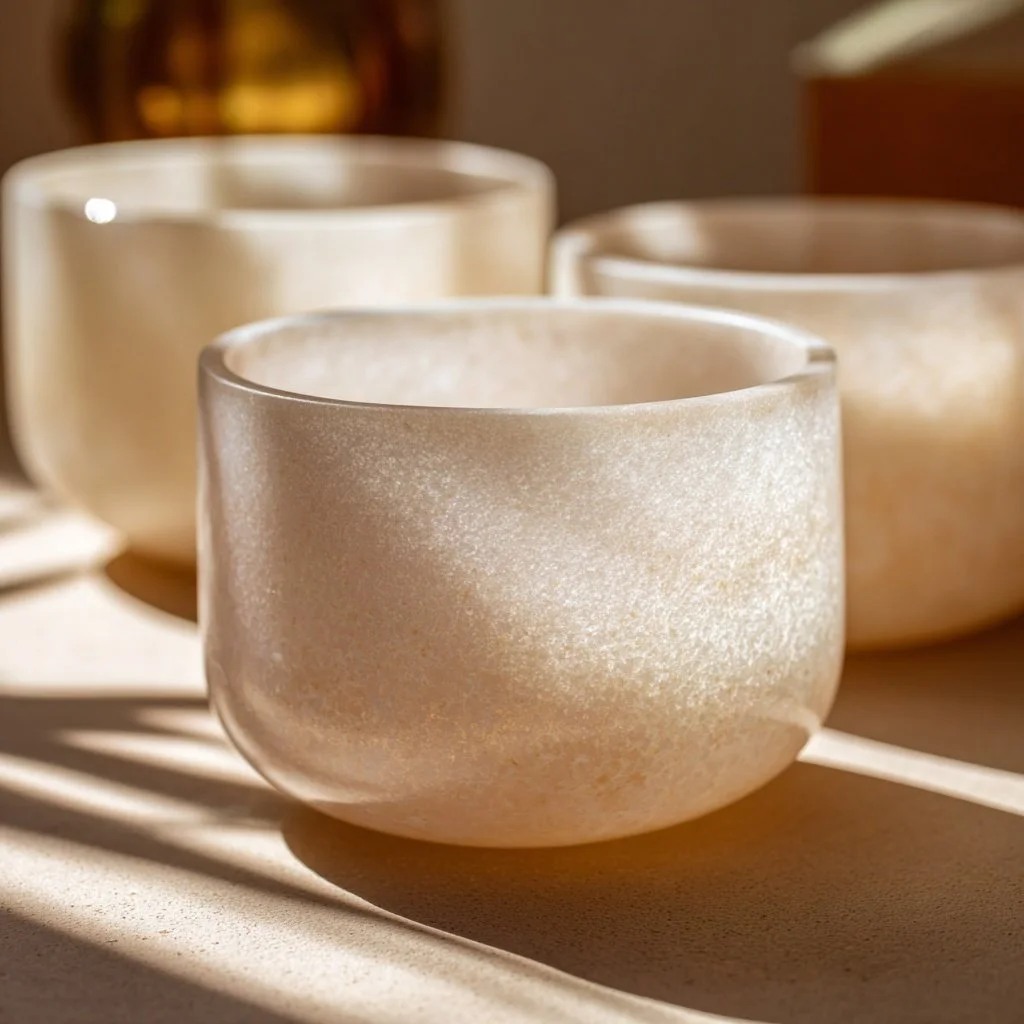Is Sound Healing Anti-Religious?
How ancient healing is being misunderstood in modern times.
I Tried to Bring Sound Healing Home — It Didn’t Go as Planned
For the last couple weeks I’ve been visiting my family in Massachusetts — the place that shaped me, rooted me, and, in many ways, inspired the very healing work I do today.
Naturally, I wanted to bring a piece of what I’ve been building in California back to my hometown. So, I planned to host a few sound bath events — sacred spaces to help people pause, breathe, and reconnect with themselves.
But what I was met with?
Wasn’t what I expected.
Instead of excitement or curiosity, I was met with resistance.
Comments like, “I’m religious and don’t believe in that stuff,” or “What even is a sound bath?” made it clear that something about this work was being misunderstood.
And I get it.
New things can feel strange. Especially in places where tradition runs deep. But the experience made me reflect on something bigger:
Why are we so quick to shut down what we don’t understand?
What Is a Sound Bath, Really?
Let’s start here.
A sound bath isn’t a religious ritual. It’s not tied to any specific dogma or spiritual belief system. It’s simply a therapeutic experience where vibrational sound is used to help regulate the nervous system, slow down mental chatter, and support deep rest and relaxation.
That’s it.
The instruments used — like crystal singing bowls, gongs, and chimes — emit frequencies that help guide the brain into slower, more restorative states (like alpha and theta waves). These are the same states you naturally enter during prayer, meditation, or deep sleep.
There’s no chanting. No doctrine. No requirement to believe in anything.
Just sound.
Just space.
Just presence.
Let’s Be Honest — Sound Isn’t “New Age”
Sound has been used as medicine for centuries.
Drums, hymns, gospel choirs, chanting, lullabies — all cultures, all religions, all lineages have used sound as a tool for connection.
It’s not new age.
It’s ancient.
We’ve just forgotten.
The idea that something like sound healing is inherently “anti-religious” misses the point entirely. If anything, it’s complementary — a return to the body, to stillness, to reverence.
What I offer through Hypnotic Sound™ is a modern blend of that ancient wisdom — integrating the calming frequencies of sound therapy with the science-backed power of clinical hypnosis.
And let me be very clear:
Hypnosis is not mind control. It’s not demonic. It’s not anti-religious.
It’s a natural brain state — one you already pass through every day while praying, meditating, driving, or drifting to sleep. Hypnosis simply guides you into that state with intention, so you can release old thought patterns, ease emotional tension, and rewrite beliefs that no longer serve you.
My practice is not about taking over your mind or making you believe something you don’t.
It’s about reconnecting with your own inner truth — the part of you that already knows peace, safety, and self-worth. And it’s fully compatible with whatever faith you hold — because your inner peace should never be off limits.
Still, even with all this... resistance remains. And that tells me something.
The Real Issue: Fear of the Unknown
What struck me the most wasn’t just the rejection of sound healing — it was the lack of curiosity.
The refusal to ask a question before casting a judgment.
The unwillingness to try before deciding it’s “not for me.”
And listen, I’m not here to convince anyone of anything.
But I am here to say: if you let fear, stigma, or outdated ideas keep you from trying something that might actually support your peace — you’re missing out on real, life-changing medicine.
We cannot keep calling ourselves “open-minded” while rejecting everything unfamiliar.
Healing requires more than prayer.
It requires presence.
It requires a willingness to grow and evolve beyond your current existence.
Final Thoughts: We All Deserve to Feel Better
At the end of the day, I create these sound bath experiences not as a replacement for anything sacred — but as a bridge. A tool. A gentle nudge back to the self.
It’s okay if it’s new.
It’s okay if it feels unfamiliar.
But I hope you’ll stay open enough to experience it for yourself before deciding it’s not for you.
Because if there’s one thing I know for sure, it’s this —
There’s more than one way to heal.
And sometimes the medicine we need… doesn’t look like what we expected.

